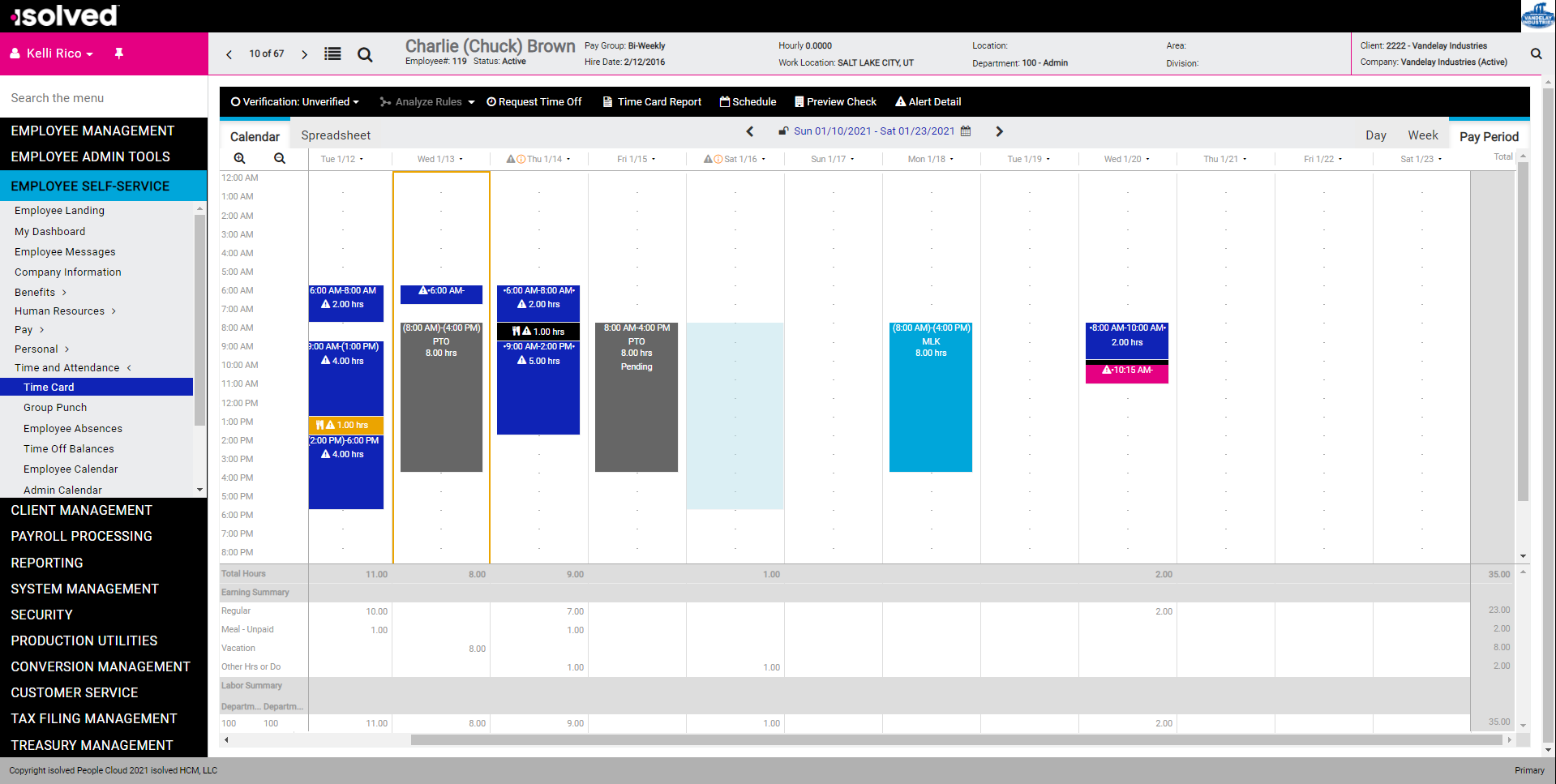The Benefits of Using a Learning Management System (LMS)
In today's fast-paced business world, small businesses often face the challenge of staying competitive while maintaining a lean budget. One powerful tool that can help level the playing field is a Learning Management System (LMS). While LMSs are commonly associated with educational institutions, they offer a wide range of benefits for small businesses as well. In this blog post, we'll explore why small businesses should consider using an LMS to enhance their operations and empower their workforce.
-
Streamlined Training and Onboarding: Small businesses often lack the resources for extensive training programs. An LMS simplifies the training and onboarding process by providing a centralized platform where employees can access training materials at their convenience. This reduces the time and costs associated with traditional training methods and ensures consistent, high-quality training for all team members.
-
Cost-Effective Learning: Traditional training methods, such as in-person seminars and printed materials, can be expensive. An LMS allows small businesses to create and deliver online training materials cost-effectively. It eliminates the need for physical resources and reduces travel expenses, making it a budget-friendly solution for employee development.
-
Scalability: Small businesses are constantly evolving, and an LMS can grow with them. Whether you have ten employees or a hundred, an LMS can accommodate your needs. You can easily add new courses or training modules as your business expands, ensuring that your workforce remains skilled and up-to-date.
-
Enhanced Productivity: An LMS helps employees access training materials and resources on-demand, allowing them to learn at their own pace and when it suits them best. This flexibility results in increased productivity, as employees can focus on learning during downtime or outside regular working hours without disrupting their workflow.
-
Data-Driven Decision-Making: LMSs offer robust analytics and reporting tools, allowing small business owners to track the progress and performance of their employees. This data can help identify areas where additional training is needed, enabling informed decision-making and the allocation of resources where they are most beneficial.
-
Compliance and Certifications: Many small businesses operate in industries with strict regulations and compliance requirements. An LMS can help ensure that employees receive the necessary training and certifications to meet these obligations. This reduces the risk of non-compliance and potential legal issues.
-
Improved Employee Engagement: Engaged employees are more productive and loyal. An LMS can gamify learning experiences, making them more engaging and enjoyable for employees. Additionally, it fosters a culture of continuous learning, which can boost morale and job satisfaction.
In conclusion, a Learning Management System is not just for large corporations; it's a valuable asset for small businesses looking to compete and thrive in a competitive market. By streamlining training, reducing costs, and promoting continuous learning, an LMS can empower small businesses to reach new heights of success. Don't underestimate the impact that an LMS can have on your business's growth and the development of your workforce.
Request a demo of our Learning Management System today.




.png)
.png)

Reply a Comment